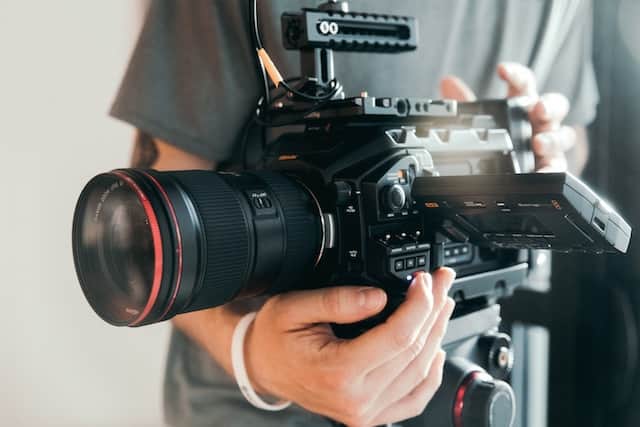In the digital age, videography has become an essential skill for those who aspire to tell compelling stories through the lens of a camera. Whether you’re an amateur enthusiast or a budding filmmaker, honing your videography skills is crucial for creating visually stunning and emotionally resonant content. This article will guide you through the key aspects of mastering videography, covering everything from equipment selection to editing techniques.
Understanding Your Equipment
Before delving into the world of videography, it’s essential to familiarize yourself with the tools of the trade. You can get information about the latest tools from https://bumber.info/. Invest time in understanding your camera’s settings, functions, and capabilities. Learn about different types of lenses, their purposes, and how they affect the look of your footage. A good videographer knows their equipment inside and out, enabling them to capture the best possible shots in various conditions.
Mastering Composition
Composition is the foundation of any visually appealing video. Understand the rule of thirds, framing, and the use of leading lines to create balanced and aesthetically pleasing shots. Experiment with different angles to add depth and visual interest to your videos. A well-composed frame can elevate your videography to a professional level, making your work more engaging and memorable.
Perfecting Camera Movements
Dynamic camera movements can significantly enhance the visual storytelling in your videos. Practice smooth panning, tilting, and tracking shots to add cinematic flair to your work. Invest in quality stabilization equipment like gimbals to achieve professional-looking, steady footage. Mastering camera movements requires practice and patience, but the results can be immensely rewarding.
Mastery of Lighting Techniques
Lighting is a fundamental aspect of videography that can make or break your shots. Learn to use natural light effectively and experiment with artificial lighting setups. Understand the principles of three-point lighting to illuminate your subjects and create a visually appealing look. Whether you’re shooting indoors or outdoors, the ability to manipulate light will set your videography skills apart.
Capturing High-Quality Audio
Good audio is often underestimated but is a crucial element of any video production. Invest in a quality microphone and practice recording clear, crisp audio. Pay attention to ambient sounds and background noise, as they can impact the overall quality of your video. Learning the basics of audio editing will further enhance your ability to deliver a polished final product.
Effective Storytelling Through Editing
The post-production phase is where your raw footage transforms into a cohesive and compelling narrative. Familiarize yourself with video editing software and learn the art of pacing, sequencing, and transitioning. Experiment with different editing styles and techniques to find your unique voice as a videographer. Effective editing can turn a collection of shots into a captivating story that resonates with your audience.
Conclusion
Mastering videography is a journey that requires dedication, practice, and a continual desire to learn and improve. By understanding your equipment, perfecting composition, mastering camera movements, honing lighting techniques, capturing high-quality audio, and developing effective editing skills, you can elevate your videography to a professional level. Use special downloading software or options like videoder video downloader in order to get more accurate desires results. Embrace the creative process, stay curious, and never stop refining your skills as you embark on your journey to becoming a proficient and accomplished videographer.

:max_bytes(150000):strip_icc()/GettyImages-1186821733-8293b36141c947c68f635ae24eecfaa3.jpg)

